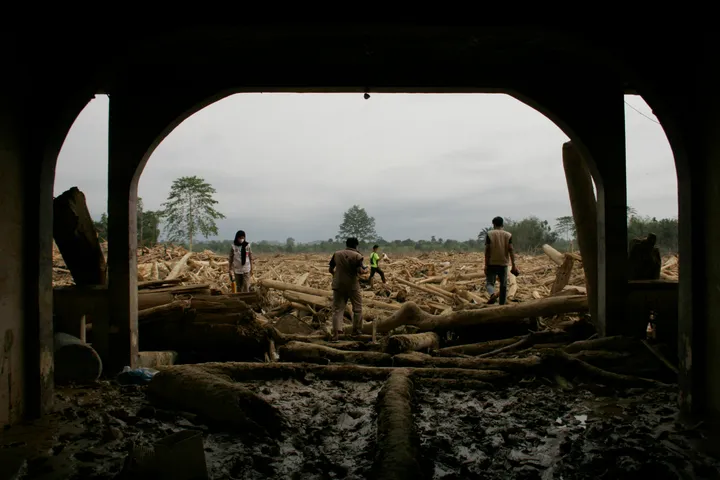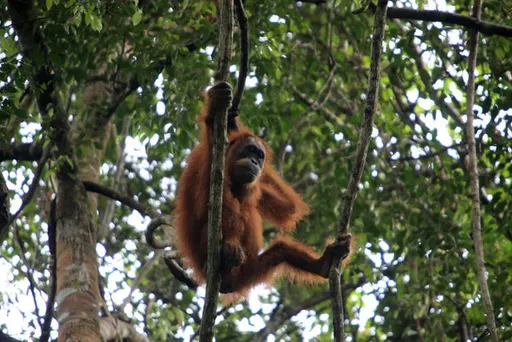Russia has vetoed a UN resolution sponsored by the United States and Japan calling on all nations to prevent a dangerous nuclear arms race in outer space, calling it "a dirty spectacle" that cherry-picks weapons of mass destruction from all other weapons that should also be banned.
The vote on Wednesday in the 15-member Security Council was 13 in favour, Russia opposed and China abstaining.
The resolution would have called on all countries not to develop or deploy nuclear arms or other weapons of mass destruction in space, as banned under a 1967 international treaty that included the US and Russia, and to agree to the need to verify compliance.
US Ambassador Linda Thomas-Greenfield said after the vote that Russian President Vladimir Putin has said Moscow has no intention of deploying nuclear weapons in space.
"Today's veto begs the question: Why? Why, if you are following the rules, would you not support a resolution that reaffirms them? What could you possibly be hiding," she asked.
Russia's UN Ambassador Vassily Nebenzia dismissed the resolution as "absolutely absurd and politicised," and said it didn't go far enough in banning all types of weapons in space.
Arms control and risk reduction
Russia and China proposed an amendment to the US-Japan draft that would call on all countries, especially those with major space capabilities, "to prevent for all time the placement of weapons in outer space, and the threat of use of force in outer spaces."
The vote was 7 countries in favour, 7 against, and one abstention and the amendment was defeated because it failed to get the minimum 9 "yes" votes required for adoption.
The US opposed the amendment, and after the vote Nebenzia addressed the US ambassador saying: "We want a ban on the placement of weapons of any kind in outer space, not just WMDs (weapons of mass destruction). But you don’t want that. And let me ask you that very same question. Why?"
He said much of the US and Japan's actions become clear "if we recall that the US and their allies announced some time ago plans to place weapons … in outer space."
Nebenzia accused the US of blocking a Russian-Chinese proposal since 2008 for a treaty against putting weapons in outer space.
Thomas-Greenfield accused Russia of undermining global treaties to prevent the spread of nuclear weapons, irresponsibly invoking "dangerous nuclear rhetoric," walking away from several of its arms control obligations, and refusing to engage “in substantive discussions around arms control or risk reduction."
The 65-nation body has achieved few results and has largely devolved into a venue for countries to voice criticism of others' weapons programmes or defend their own.
The draft resolution would have urged the conference "to adopt and implement a balanced and comprehensive programme of work."
In March, UN Secretary General Antonio Guterres warned that "geopolitical tensions and mistrust have escalated the risk of nuclear warfare to its highest point in decades."
"Humanity cannot survive a sequel to Oppenheimer," the UN chief noted.
























